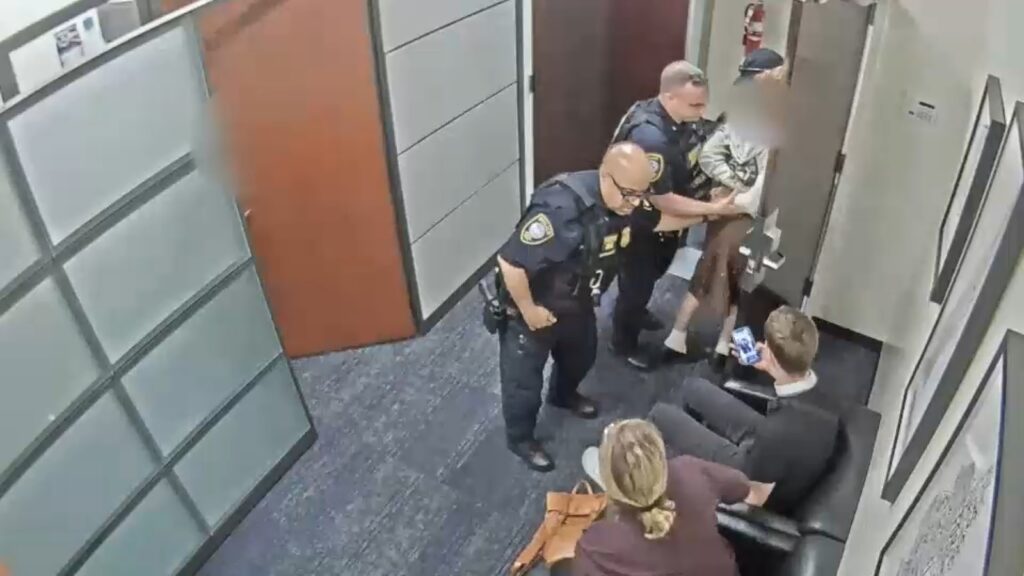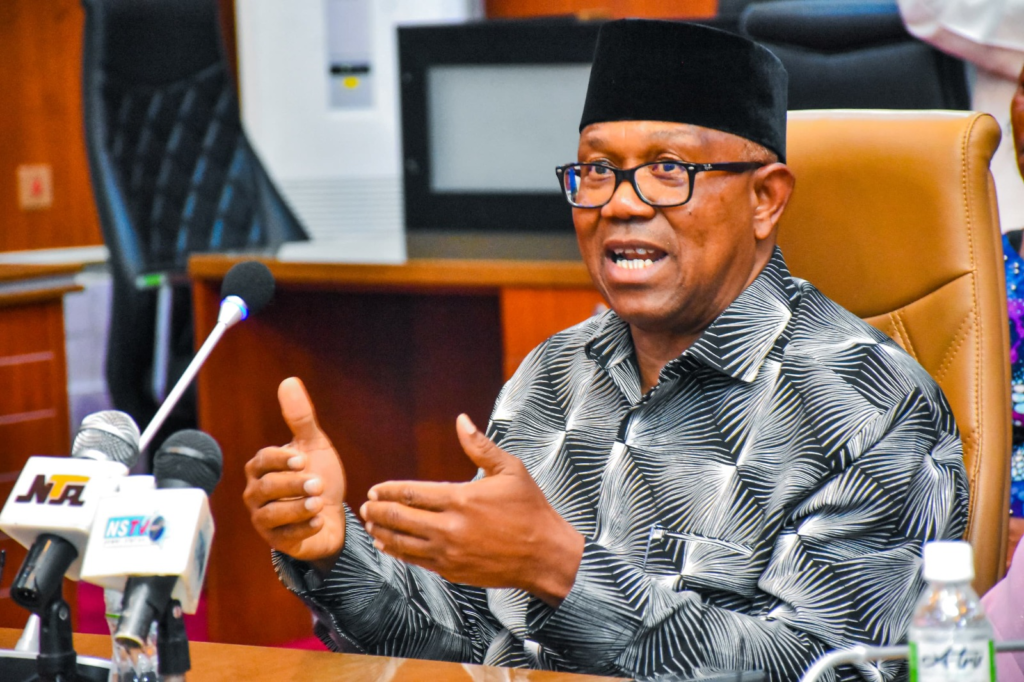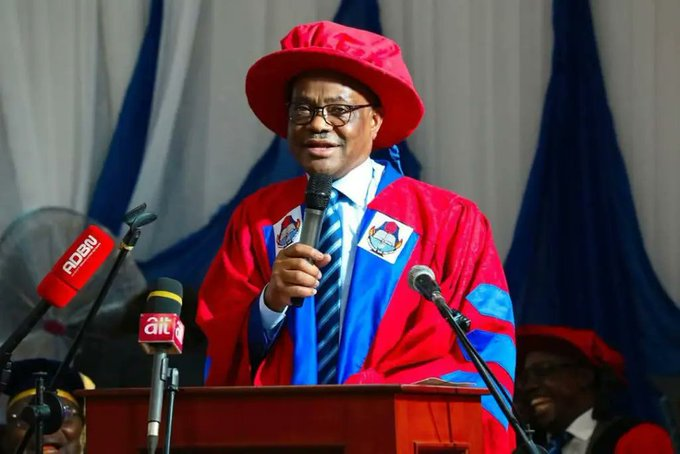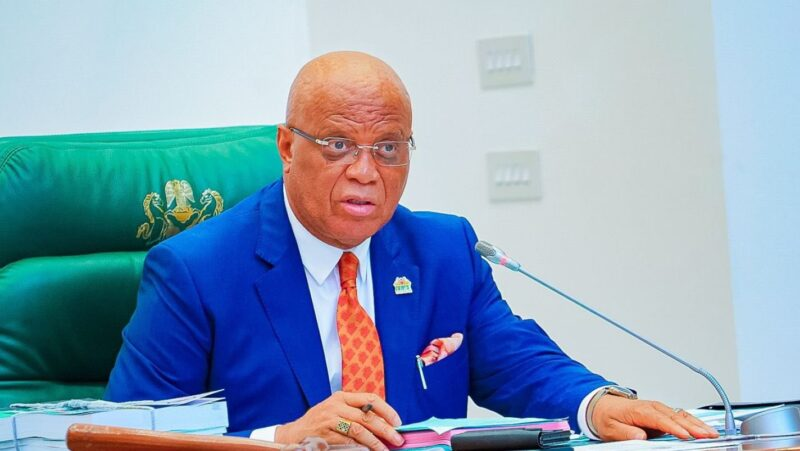Tertiary Education Trust Fund (TETFund) has confirmed that President Muhammadu Buhari, has authorized the 2022 financial disbursement proposals for public tertiary institutions.
Executive Secretary of TETFund, Sonny Echono, made this known while receiving in his office, representatives of the Committee of Vice-Chancellors of Nigerian Universities (CVCNU) in Abuja.
Echono said a meeting has been scheduled for next week with the representatives of the benefiting institutions to discuss further the proposed reforms that have been approved for implementation ahead of the financial disbursement.
He assured the Vice-Chancellor of the Fund’s commitment to maintaining the ongoing reforms in the sector, with increased emphasis on the content of its interventions, particularly in the areas of research, ICT, and book publications.
He said: “We have existing partnerships, particularly the deputization of thesis. We are confident that once the reforms are over, they will provide open learning resources for researchers and students who want to access previous works done in their respective areas of research, and also promote a culture of academic excellence.
“At the heart of this is the issue of journals. We are keen and determined to ensure that publications are useful, relevant, current, and can be cited anywhere in the world.”
He complained about the number of resources being spent on sending children abroad for studies thereby, urging universities, especially private ones to create a niche and compete with foreign universities that are attracting students to save costs.
The chairman of the CVCNU, Prof. Samuel Gowon Edoumiekumo, in his remarks, indicated confidence that Echono will continue with the trajectories of the past leadership, and also introduce new vistas that will add value to higher education.
He said: “CVCNU is working closely with the Fund to deploy the thesis digitization for Nigerian tertiary institutions. This is in addition to deploying homegrown plagiarism detection software called EagleScan.
“The application was developed by a team of software engineers from six public and private universities in Nigeria and was designed to enable final year and postgraduate students to undertake plagiarism checks before they submit their long essays/thesis.
The CVCNU further called for a review of the funding support to beneficiary institutions to access tier-one journals and repositories to improve the research capabilities of staff and students, and to also help build the capacity of academic staff for generating the content, especially video and 3-Dimensional images, to support teaching.
Ada Peter



























